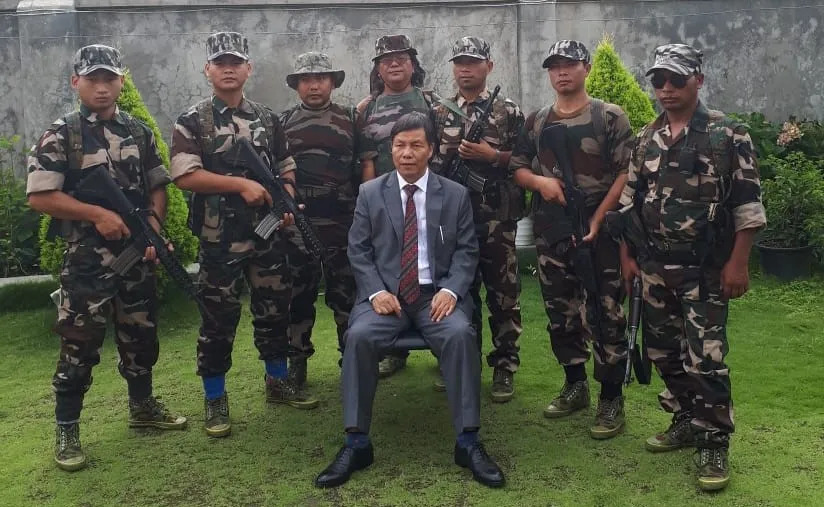The SoO agreement, signed in 2008 between the Indian government, Manipur authorities, and Kuki militant groups, is facing a decision point as it’s set to expire. This agreement, renewed annually, was last extended until February 29, 2023. Currently, there’s uncertainty about whether it will be renewed or terminated by the central government, leaving Manipur in a state of peaceful yet tense anticipation.
Meira Paibis, Meitei women, expressed their stance against the renewal through a candlelight march in Imphal. Recent demands from Meitei groups call for the withdrawal of the SoO due to alleged violence by militant group members during ethnic clashes in Manipur.
Civil society groups, including COCOMI, have written to Prime Minister Narendra Modi and Union Home Minister Amit Shah opposing the SoO’s abrogation. Kuki-Zo legislators have also conveyed their request to the Prime Minister and Home Minister over the past nine months, urging against the termination of the SoO.
Kuki groups emphasize that a significant amount of looted arms and ammunition is in the possession of Meitei civilians and the radical Meitei group, Arambai Tenggol. The unilateral suspension of the SoO by the state in March, coupled with a High Court order regarding Scheduled Tribe status for Meiteis, triggered ethnic violence in May.
The Suspension of Operations (SoO) agreement, initiated in 2008 between the Indian government, Manipur, and the Kuki National Organisation (KNO), aimed to cease hostilities. The agreement stipulates a complete halt to violence by militant groups, with the understanding that no military force will launch operations against the signatories if they comply.
A Joint Monitoring Group (JMG), established with representatives from various authorities, convenes monthly to ensure compliance with the agreement. The agreement’s terms have been revised multiple times, outlining specific conditions for designated camps, routine administration, monthly stipends, and restrictions on arms and ammunition.
Key Terms of the SoO Agreement:
1. Militant group members stay in designated camps.
2. Camp administration is under the group’s control.
3. Monthly stipend of ₹6,000 for cadres.
4. Camps located away from populated areas and National Highways.
5. Complete cadre list provided to state police.
6. JMG decides leaders allowed to have PSOs (Personal Security Officers).
7. Inspection rights for the state government and JMG.
8. Weapons stored in camp’s armory with double locking system.
9. Restrictions on acquiring additional arms or carrying out offensive operations.
10. Violations can lead to SoO cancellation, subject to JMG recommendation.
The JMG, comprising members from the Centre’s MHA, Army, and paramilitary forces, operates independently of the state chief minister. The SoO’s future remains uncertain, with Manipur anxiously awaiting clarity on its extension or termination.
Earlier today in the Manipur Legislative Assembly session, the opposing party, the Congress, advocated for deeming the groups of Kuki militants under the Suspension of Operations (SoO) agreement as unlawful, citing their alleged breach of the agreement terms.



